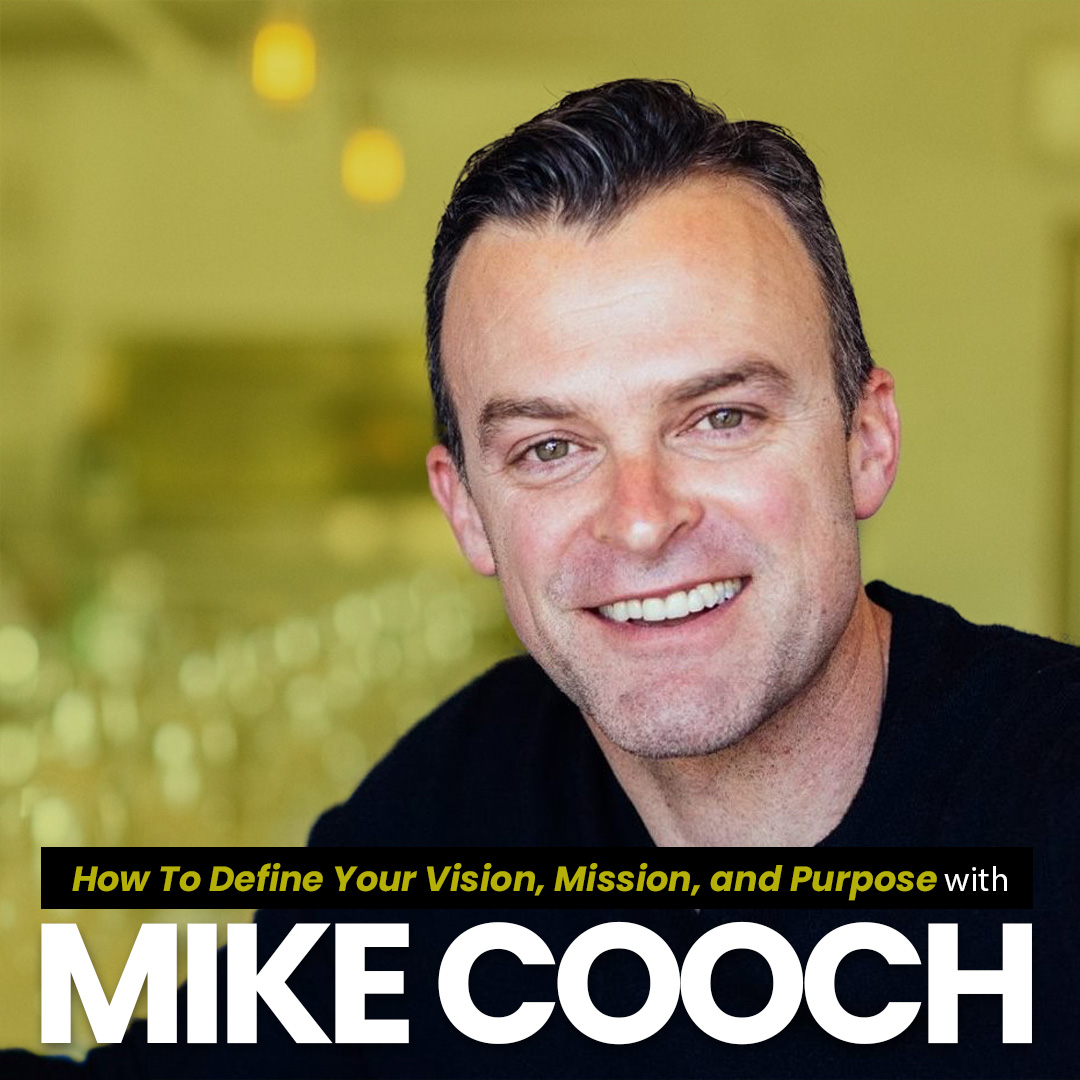“Making sure you have a plan for success, both with the vehicle that you're choosing, the model of the business, as well as the way that you are going to differentiate and compete in the marketplace within that model, really can give you a competitive edge.” – Mike Cooch
In this episode, Mike Cooch and I discuss how to clearly define your Company Vision, Mission, and Purpose so your team can remain focused on where you are going and how you will get there.
This engaging conversation with Mike Cooch reveals:
- The difference between each statement and how to craft each in a way that gives your team the greatest motivation to accomplish all of your objectives.
- A simple system that you can implement right now to begin dominating your local market.
- The game-changing tool every business has access to that could be the #1 best-kept secret in marketing today.
- And much more…
So listen here to understand how to define your company's essence with confidence and learn how you can stay on track, loyal to your brand, and faithful to your goals.










